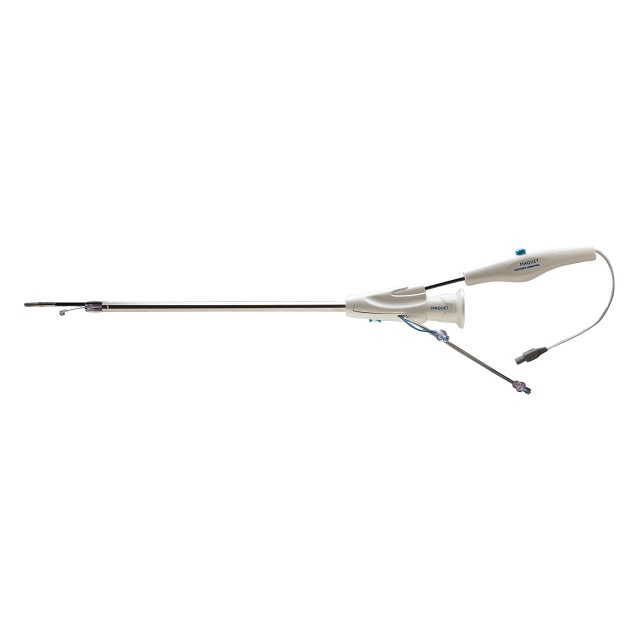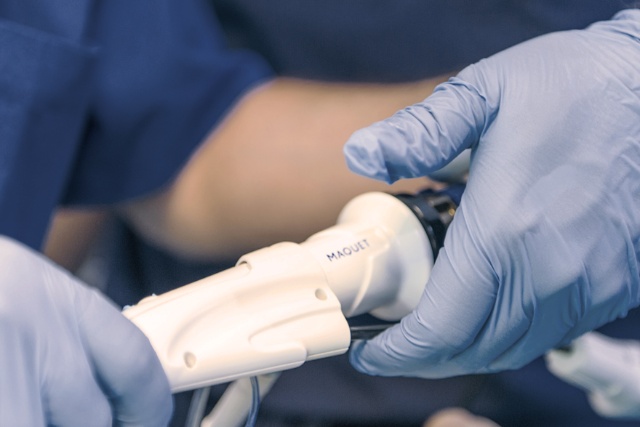- Overview
- Features
- Clinical
- Documents
- Education & Training
Vasoview Hemopro Endoscopic Vessel Harvesting System
A Seamless System
When performing endoscopic vessel harvesting (EVH) for the saphenous vein and radial artery, the Vasoview Hemopro allows you to obtain the target vein with fingertip control, clear visualization and minimal disruption of surrounding tissue.
Related products
Achieve hemostatic quality
Vasoview Hemopro offers a unique thermostatic tip, providing cut-and-seal capability in one smooth motion.
Put control in your hands
With fingertip adjustments, you can feel the difference in sensitivity and reponsiveness. Plus, no foot pedal is required.
Count on clear visualization
Cut-and-seal capability designed for less bleeding in the tunnel as well as distal and proximal insufflation that provide distinct visibility from start to finish.
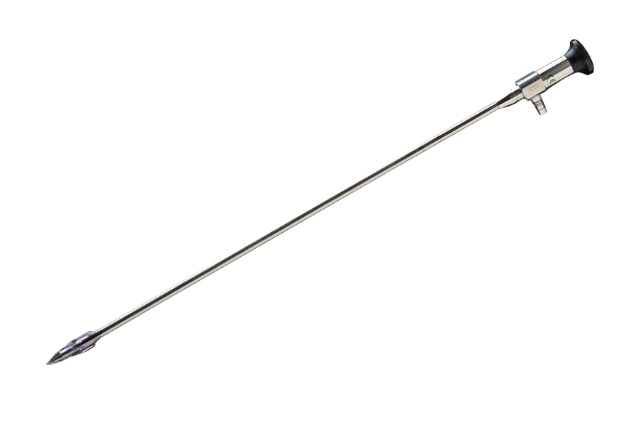
Extending efficacy
The Vasoview Hemopro is primarily indicated for patients undergoing endoscopic vessel harvesting (EVH) for arterial bypass. Its 7 mm Extended Length Endoscope and Dissection Tip allows for:
- Visualization of a surgical cavity
- Dissection in endoscopic - and other minimally invasive surgical procedures
- Access for vessel harvesting
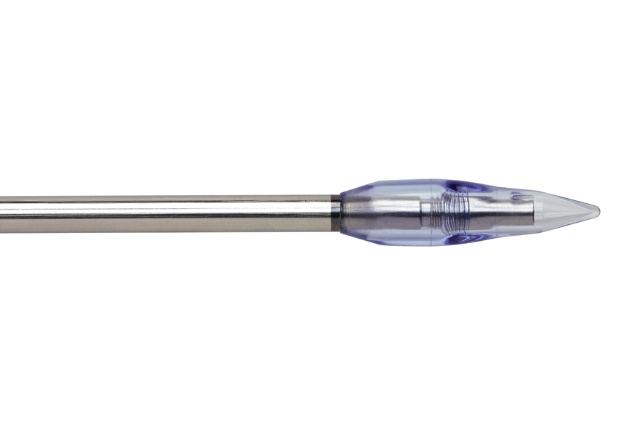
Depend on effortless dissection
Our conical dissection tip allows you to create a working tunnel quickly, easily and smoothly.
Extremity procedures include tissue dissection/vessel harvesting along the saphenous vein for use in coronary artery bypass grafting and peripheral artery bypass or radial artery for use in coronary artery bypass graft surgery.

EVH Procedure
There are three techniques for harvesting a vessel from the arm or leg for a coronary artery bypass graft (CABG) procedure: open, bridging, and endoscopic vessel harvesting (EVH).* However, EVH positions patients for minimal discomfort and more benefits.
EVH is used during CABG surgery to obtain these vessels, with the purpose of using them as “new” vessels — bypassing a blockage in the heart. Minimally invasive, this procedure requires only a small incision (approximately 2 cm long).
*The open procedure is highly invasive. By making one long incision from the ankle to the groin, this method often caused patients more pain than the actual chest incision and resulted in a long scar. An alternative, less invasive technique to the open procedure is the bridging technique, which enables harvesters to gain access to the saphenous vein through three or four smaller incisions (approximately three inches each).
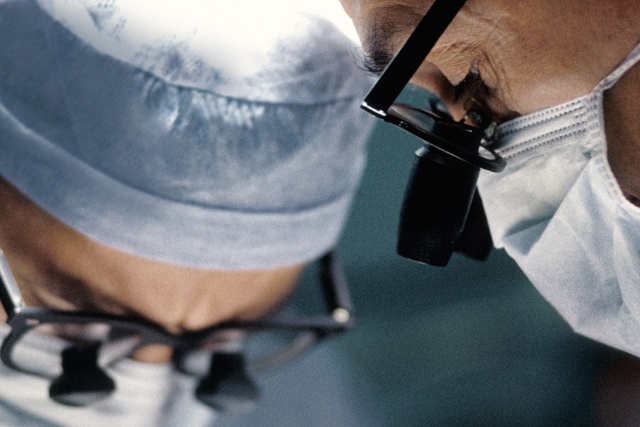
How does EVH work?
The EVH procedure uses special instruments to view and remove the blood vessel. Performed at the beginning of heart surgery, EVH can be used for the following vessels:
- The greater saphenous vein (running the length of the leg)
- The radial artery (running from the wrist to the elbow in the arm)
Marketing Sales - Brochures
Improve your knowledge with our eLearning and training courses
At Getinge Educational Institute, we have dedicated material for topics related to Intensive Care, Cardiovascular Procedures, Operating Room and Sterile Processing. We can support you with information about current technologies and best practices to boost your performance and productivity.
For more information about our onsite events or remote trainings, you can also contact your local sales & service representative.
